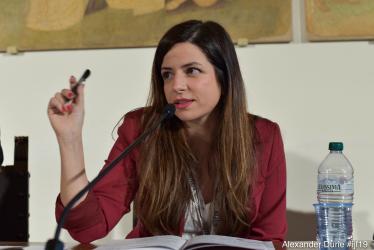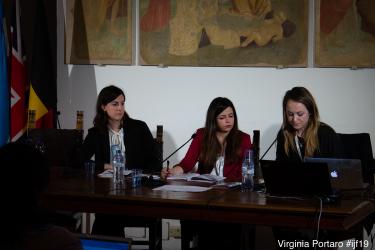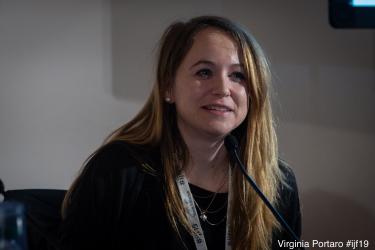Across the world, anti-immigration sentiment is growing, with serious political implications. From Brexit in the UK, to US President Donald Trump's wall, to the European Union funding the Libyan coastguard to intercept boats and return refugees to detention centres, migration control is being used to justify human rights abuses, scale up of defense and border control, and other major societal changes. At the same time, conflict, climate change and global inequality will continue to result in mass migration far into the future.
And yet, among the general public in developed countries there seems to be limited understanding around global refugee and migration issues. People don’t seem to know that 85 percent of the world’s refugees are hosted by developing countries. And the news media is partially to blame. A glance at headlines makes it seem as if the world’s worst humanitarian crises are happening in the United States and Europe.
How do we report accurately on the politics of migration without distorting the truth on the ground? How can journalists make sure audiences continue to engage in migration coverage? How do we keep refugees and migrants central to the narrative when politicians’ dehumanising rhetoric seems to drown out their voices? How can we convey the complexity of migrants’ lives when the rapid news cycle pushes us toward a simplistic good migrant-bad migrant dichotomy? And how do we make sure there is investigative reporting, challenging the migration policy of states and international organisations, in a time when budgets and interest is declining? Our panelists have reported on migration across four continents.






